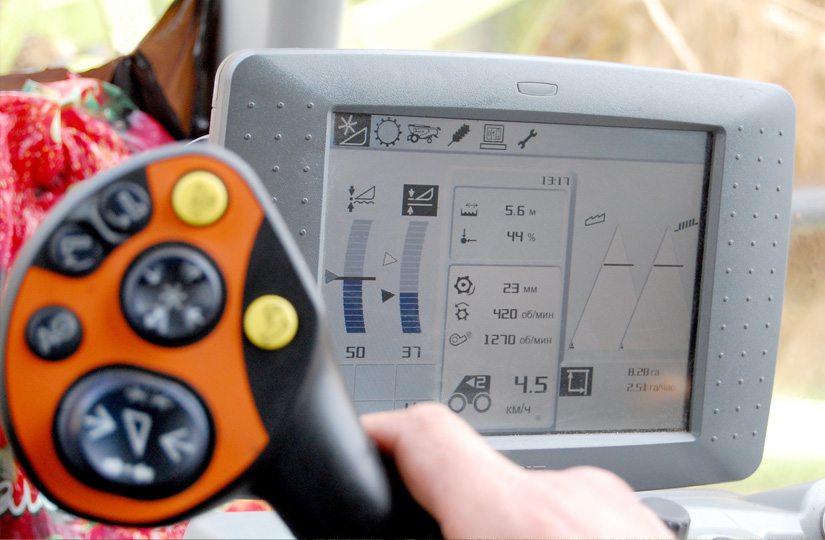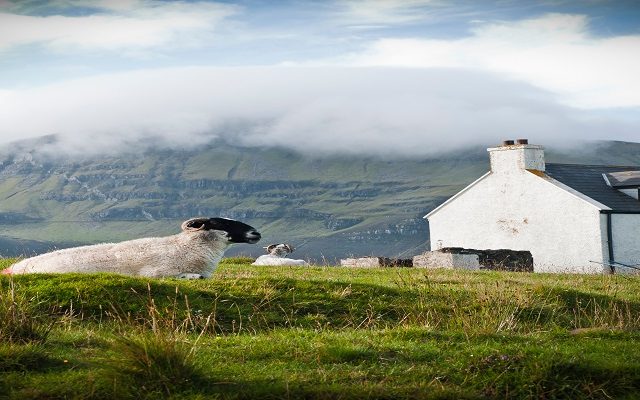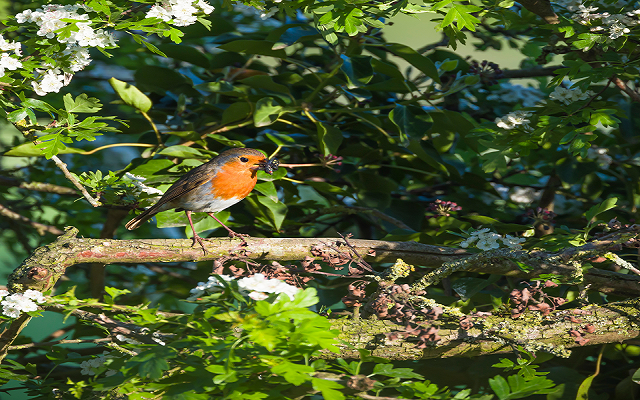Land Business Update | Week Commencing 2nd March 2020
Welcome to our update on key land management, farming, planning and energy issues.
Environment
ELMS will open fully in late 2024 with three ‘tiers’ of entry
The government’s latest discussion document on the Environmental Land Management System (ELMS) shows that it is currently considering three ‘tiers’ of entry to the system:
Tier 1 will be the simplest level in a bid to encourage as many farmers as possible to adopt environmentally sustainable farming practices on a wide scale. Options might include planting cover crops, improved nutrient management, establishing wildflower margins and avoiding cultivating or travelling on wet soils.
Tier 2 will focus on delivering higher value, more locally targeted environmental outcomes, for example through hedge planting, habitat creation and interventions to mitigate flooding.
Tier 3 will be focused on collaborative projects delivering landscape scale changes in land use, such as woodland creation or peatland restoration.
Discussions are still ongoing about how payments might be calculated under ELMS. The document indicates that payments under tier 1 may be based on an “income forgone and costs incurred” model, so farmers will be paid for the actions they carry out, as is the case with CSS, rather than the environmental outcome. Defra is exploring whether under tier 2 payments could initially be based on actions, but with top-up payments for the delivery of additional results. Over the long-term it may look at moving entirely towards results-based payments under tier 3, with payments negotiated on an individual basis.
Before ELMS is fully introduced in 2024, the government wants to increase the number of farmers entering the Countryside Stewardship Scheme (CSS) as a stepping stone to getting an ELMS agreement. As such, CSS is expected to remain open until 2023. Defra has repeated its assurances that farmers entering CSS from 2021 will be able to end it early, without penalty, if they are subsequently offered an ELMS agreement.
Farming
Read our short summary of the key points of Defra’s update on the future of farm policy in England
Defra’s progress update confirms (again) that direct payments will start to be phased out in 2021. No details have been given for the percentage reductions that will apply to BPS payments after 2021, but they will be increased over time until the final payments are made in 2027. Delinking payments and the option to take future payments as a lump sum are still being considered. We have summarised the update, including the discussion document on ELMS (see the article below), here.
‘Exit scheme’ for farmers under consideration by the government
The scheme would pay older farmers to retire in order to create opportunities for new entrants by providing a lump sum to help fund their retirement. The comments were made by George Eustice during the NFU Conference in Birmingham. We think that this is linked to the option of a one-off, lump sum payment that the government is considering as part of its agricultural policy to replace the Common Agricultural Policy. It is not clear when more details will be published – it is possible that it won’t be until 2021 or 2022.
Agricultural Productivity Working Group report
This report, which was written to contribute to the Food and Drink Sector Council, sets out five main recommendations for increasing UK agricultural productivity: agriculture must become more data driven; we need to improve delivery of knowledge to land managers; improve the uptake of innovation; address the low uptake of agricultural skills and training; and improve the infrastructure needed to enable productivity gains, such as broadband and mobile networks. It is a wide ranging report which restates much of what has been said by many for years. It will be interesting to see whether it leads to significant improvements. It acknowledges that productivity could be significantly improved by getting the most productive, proficient farmers to farm more land with the less proficient farmers leaving the industry. We would have liked to see stronger recommendations on this as it is the single action that could have the greatest impact on productivity – but a hard message to give!
Points-based immigration scheme and extended Seasonal Workers Pilot both criticised
The government has announced more details of its points-based immigration system. From 1st January 2021, any prospective entrants to the country will need a minimum of 70 points to be eligible to apply for a visa to come to the UK. A job offer will be worth 20 points, the ability to speak English 10 points, a salary above £25,600 20 points, and a job in a shortage occupation 20 points. There will be no special treatment of applicants from the EU, so it ends free movement of EU citizens to the UK. It has been cautiously welcomed by industry groups, mainly as it gives some clarity rather than for its content. The government has also been criticised as most of the eight million unskilled UK workers it called on business to train are actually students, sick, disabled or retired. An increase in the Seasonal Workers Pilot for 2020 from 2,500 to 10,000 was announced on the same day. Sadly, this has also been criticised by the farming unions and businesses as being no way near the 70,000 workers needed, so making work force planning much more complicated (if not impossible). We recommend that businesses review how the new immigration scheme will affect their staffing requirements.
S&P’s Alex Hall speaks on Farming Today about the consequences of the floods
Alex, a member of our agronomy team, spoke about the short- and long-term impacts of the recent flooding on cropping, soil health and drainage. Much of the interview focusses on what crops can now be sown and the challenges of switching to spring crops. Click here to listen on the BBC Sounds app. Alex appears between the second and fifth minutes.
Property
Important changes on rules for domestic burning of coal, wood and solid fuels
Domestic wood burning stoves and coal fires make up the single largest contributor to national emissions of particulate matter, which can enter the bloodstream and internal organs and cause health issues including breathing problems or asthma attacks. To reduce particulate matter, the government has proposed to:
- ban the burning of house coal by February 2021 (and by February 2023 if through coal merchants).
- wood sold in small amounts (less than 2m³) must have a moisture content of 20% or less, as burning wet wood creates more smoke and less heat, by February 2021 (and by February 2022 for wood sold by small-scale foresters).
- Solid fuels must have a maximum certified sulphur content of 2% and a smoke emission limit, by February 2021.
40% of homes given planning permission since 2009/10 remain unbuilt
Over 1 million homes, which is 40% of the 2.5m given planning permission, have not been built yet, according to data compiled by the Local Government Association as part of its evidence to avoid having planning powers removed from councils. The LGA has suggested a number of proposals for speeding up development, including enabling councils to become large-scale house builders again by buying and building on land that has planning permission and by allowing councils to charge full council tax on unbuilt developments. In 2018-19, 361,800 homes were granted permission, well above the government’s target of 300,000.
Rural economy
Additional cost of living in the countryside is £3,300 on average
The £3,300 ‘rural living penalty’ includes £535 more spent on petrol each year, £561 extra on vehicles and spend £354 more on “domestic fuels” than city inhabitants. The study by BoilerJuice Connected used data from the Office for National Statistics to show that the cost of essential goods for those in rural areas is rising significantly faster than the national average.






